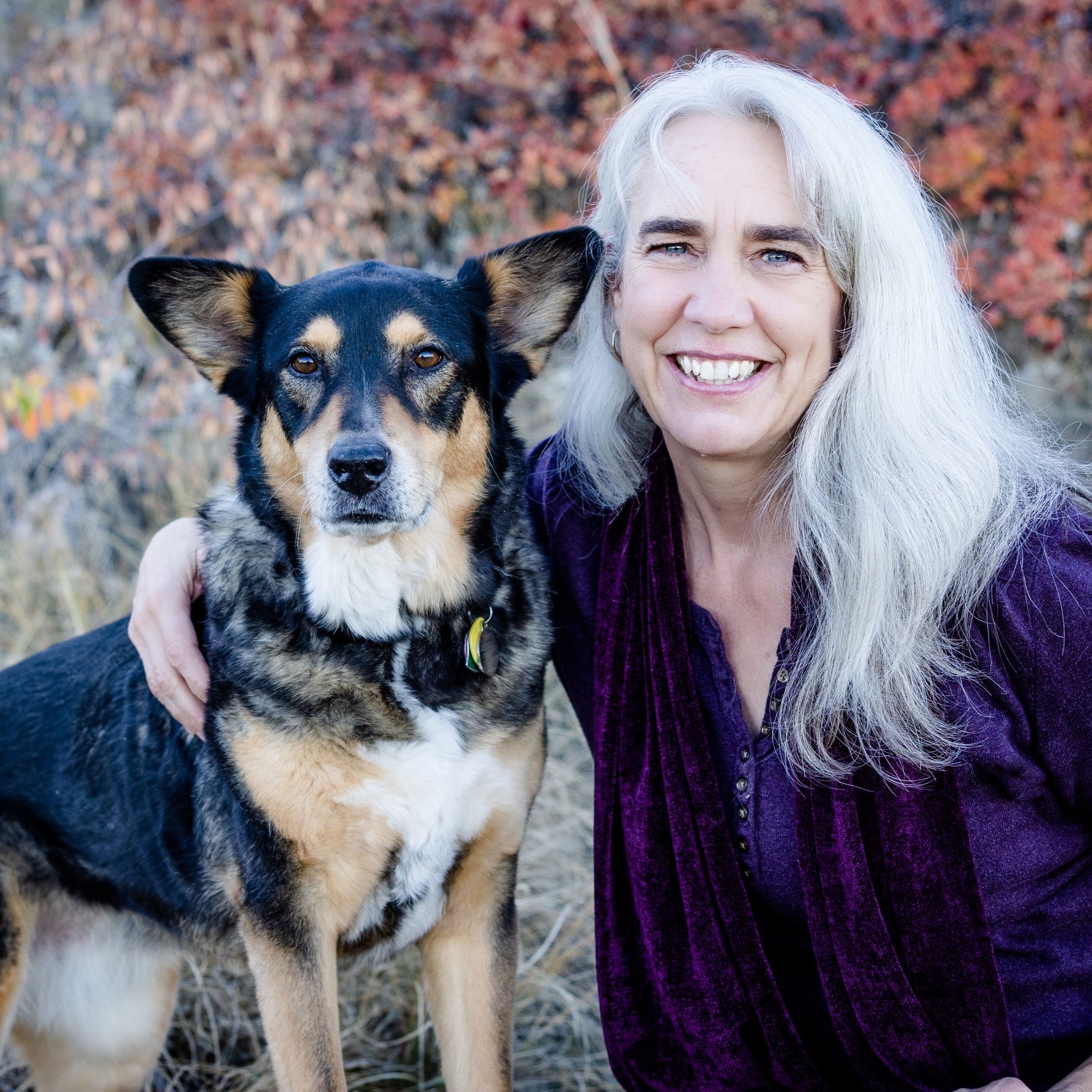6 Dos and 6 Don'ts For Helping Your Child Deal With a Sexual Assault
/Sex assault is all over the news recently, and many survivors are getting triggered. As a parent or loved one of a survivor, it’s important to learn some strategies to help your child both immediately after their assault, and later in their life when their trauma can resurface due to unforeseen circumstances, like what’s happening in the current media.
Here are 6 Do’s and Don’ts for Helping your Child Deal with a Sexual Assault:
Do:
Believe them, even if what they say doesn't seem to make sense to you.
Listen to them. It is usually much more helpful to listen than to ask questions.
Be angry at the perpetrator, but keep your attention on your child and not on the perp.
Support them while they make decisions, even if you disagree with what they decide.
Help other loved ones respect their privacy and respond with respect.
Understand that they will blame themselves for the assault. Don’t agree with their self blame. Assure them that the perpetrator is the one to blame.
Don’t:
Seek revenge. This can re-traumatize them, and cause them to worry that you might make the situation worse.
Blame them. While they may have taken some risks (as we all do, all the time), they did not decide or expect to be raped.
Disrespect their privacy by prying, inquiring or pressing them to tell you what happened. Let them tell you the details they want to bring up, when they're ready.
Ask “why” about anything related to the assault. While it’s normal to want to understand why things happened, asking your child to come up with those answers can sound like you’re blaming them for their own assault.
Take charge of the situation. One of the most damaging things about being raped can be having control of one's body taken away. A natural response is to try to regain a sense of control, often by resisting decisions made by others.
Assume that they don’t trust you or value your support if they don’t open up to you. It is much more likely that they don’t trust themselves to discuss the situation, or are not yet clear in their own mind about their feelings or thoughts.
Here are a couple of other important resources to help you support your young adult survivor.
First, this article is a very good and thorough discussion of how to help a daughter who has been sexually assaulted: http://www.capefearpsych.org/documents/Rape-parentsguide.pdf.
Second, here is a compilation of advice from advocates, doctors and legal experts for parents of a college student who has been sexually assaulted: https://grownandflown.com/rape-in-college-parents-need/
The most important thing to remember is that if your child has suffered a trauma of sexual assault, their feelings of fear, shame, guilt, sadness, anger, or other can get activated and resurface in unpredictable ways. For example, they may get triggered when engaging in or overhearing a conversation, seeing a story on the news, watching a movie, or scrolling through social media. Knowing these 6 do’s and don’ts for those occasions can help you prepare yourself for when that happens, so you can be a source of support in moments when they need it most.






